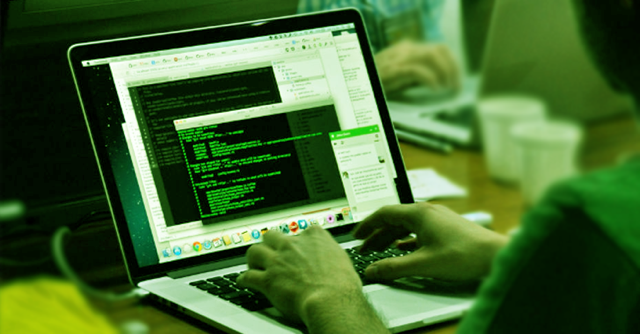People who express high condemnation for an organization may be more likely to normalize unethical hacking activity brought towards them, this is despite any implications involved, new research by the University of Kent suggests.
The new findings, released in the journal Group Processes & Intergroup Relations, purportedly shows how cybernetic hackers are perceived by society, particularly during periods of high tensions.
Researchers conducted two studies: one involving 259 participants, while another included 222 participants.
“Specifically, we manipulated whether the system was responsive to participants’ demands following unfair treatment in a university (Study 1) and in an online work platform (Study 2) context,” the co-authors stated in the findings.
“Across studies, participants were informed that hackers had attacked the website.”
Based on their observations, the British-based research team noticed that individuals in the low external efficacy condition expressed increased anger toward the system. The condemnation, in essence, led to the system being perceived as less favored in the low efficacy condition.
“This research indicates that stronger efficacy, injustice appraisals and anger are important predictors of individuals’ engagement,” the findings read.
“The findings suggest that open and responsive political systems that grant individuals the ability to express their grievances may see reduced support for this and other forms of social banditry.”


